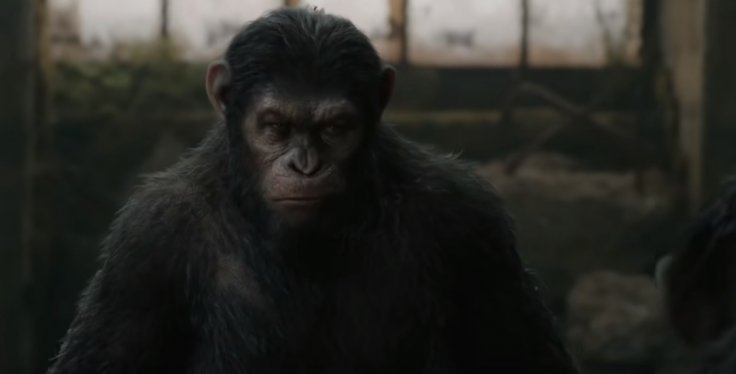
The coronavirus that apparently originated in a seafood market in Wuhan, China, has now spread all over the world, killing more than 33,900 people. As Covid-19 continues its killing spree, experts have warned that the deadly pandemic could pose a threat to the existence of great apes.
Why are great apes prone to coronavirus?
The great apes are the closest relatives of humans, and we share almost 98 per cent of our DNA with chimpanzees. The susceptibility to respiratory illness is similar for both humans and great apes, and this single factor indicates the increasing possibility of the Covid-19 outbreak among these creatures in the future.
Experts at the Great Ape Health Consortium revealed that transmission of mild human pathogens to apes could result in severe outcomes, and things may go out of control if coronavirus reaches the body of great apes.
"SARS-CoV-2, the coronavirus responsible for the current COVID-19 pandemic, is also a threat to our closest living relatives, the great apes. As leading experts in the conservation and health of these animals, we urge governments, conservation practitioners, researchers, tourism professionals, and funding agencies to reduce the risk of introducing the virus into these endangered apes," wrote experts at the Great Ape Health Consortium in the journal Nature.
Great ape tourism should be suspended
The researchers added that they are unsure whether the mortality rate associated with Covid-19 in humans is similar in apes. Experts also urged authorities to suspend great ape tourism considering the current developments.
"In the present situation, we recommend that great-ape tourism be suspended and field research reduced, subject to risk assessments to maximize conservation outcomes, for example, poaching could rise with fewer people in the vicinity. Such efforts should include ways to offset the loss of earnings from tourism while taking care not to interfere with work to save human lives," urged the researchers.









